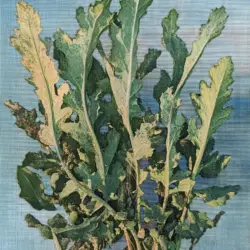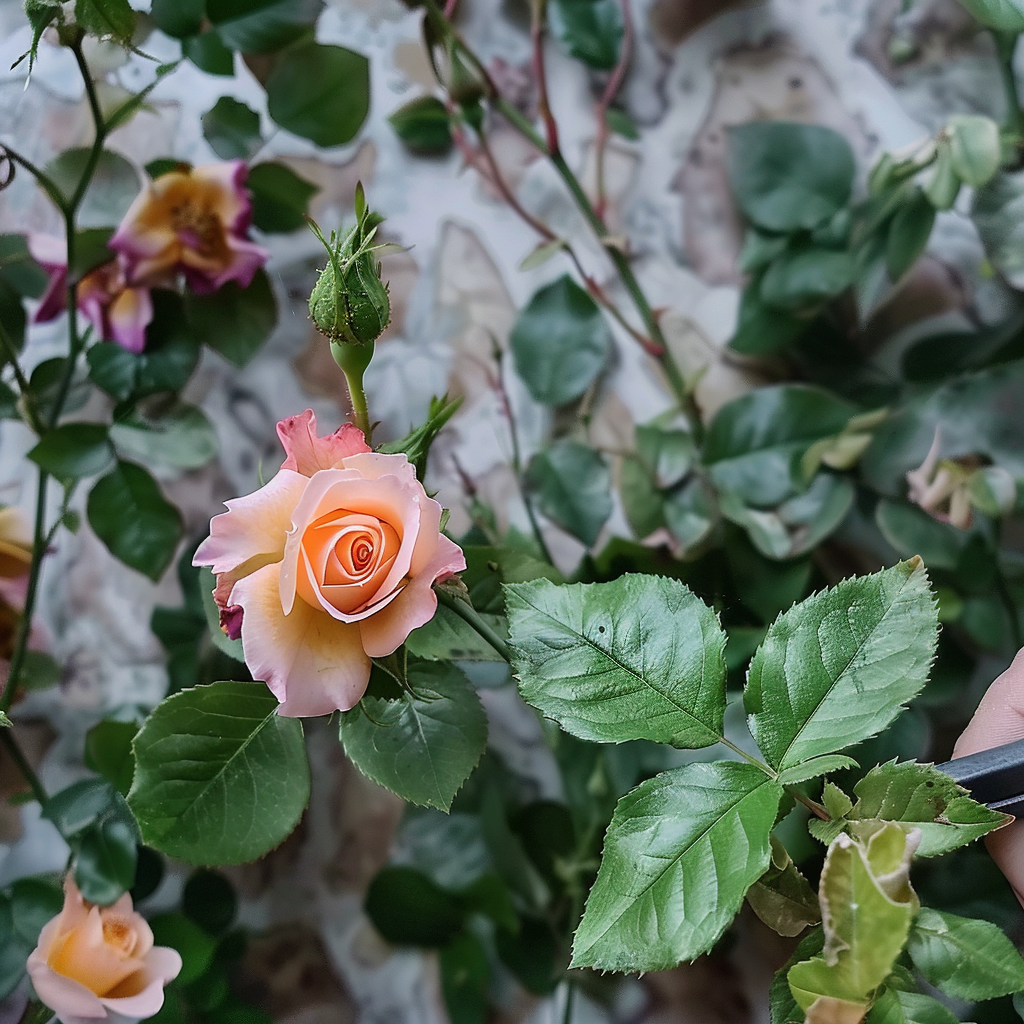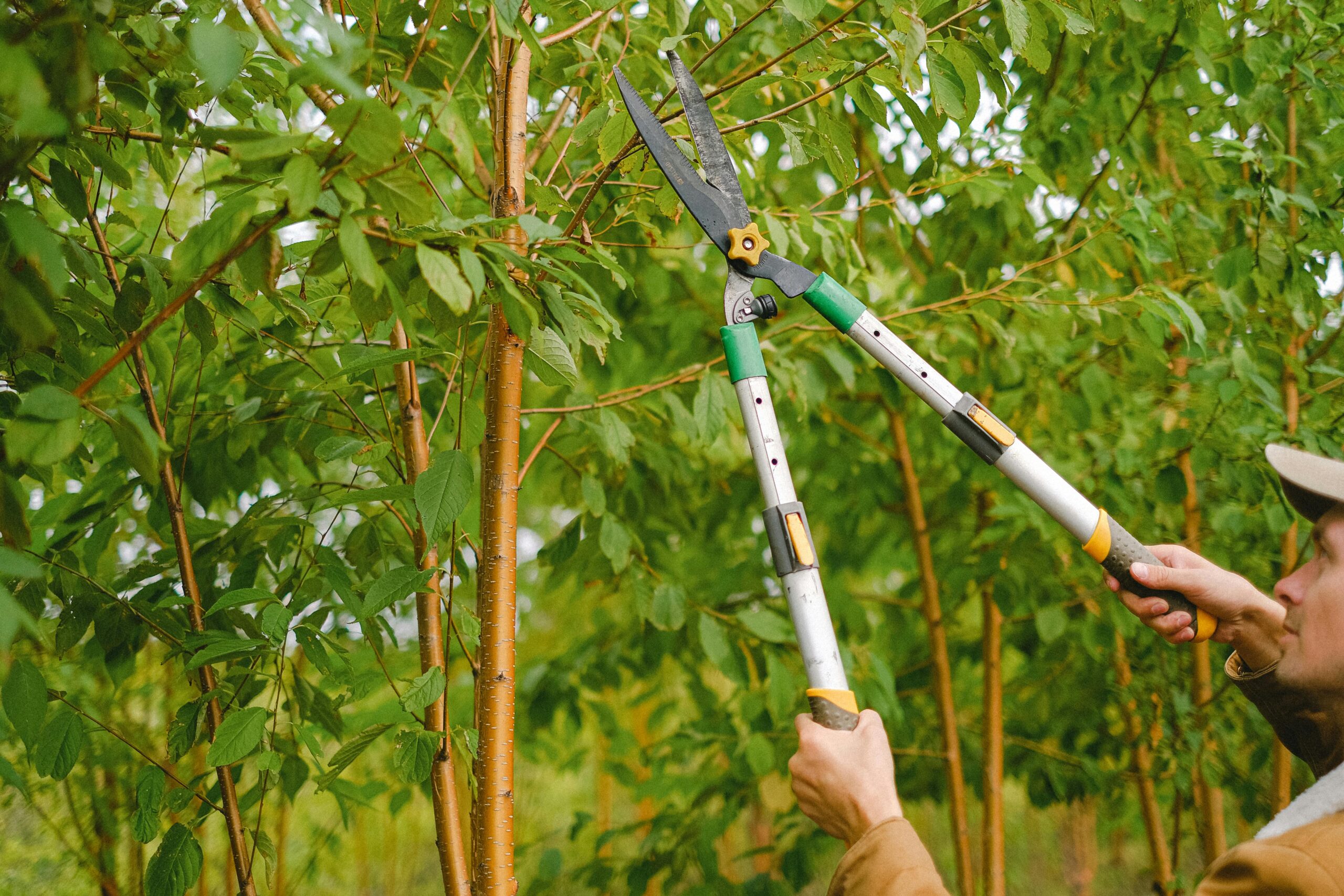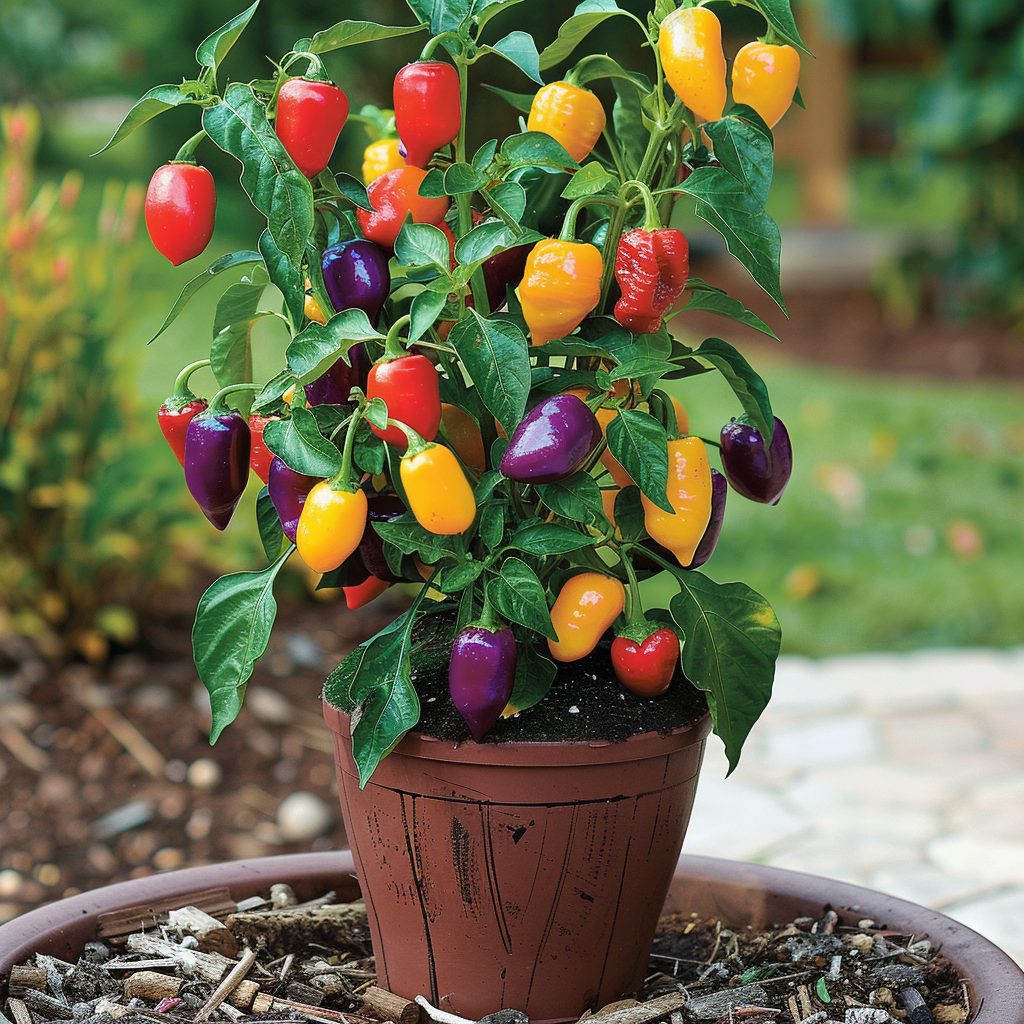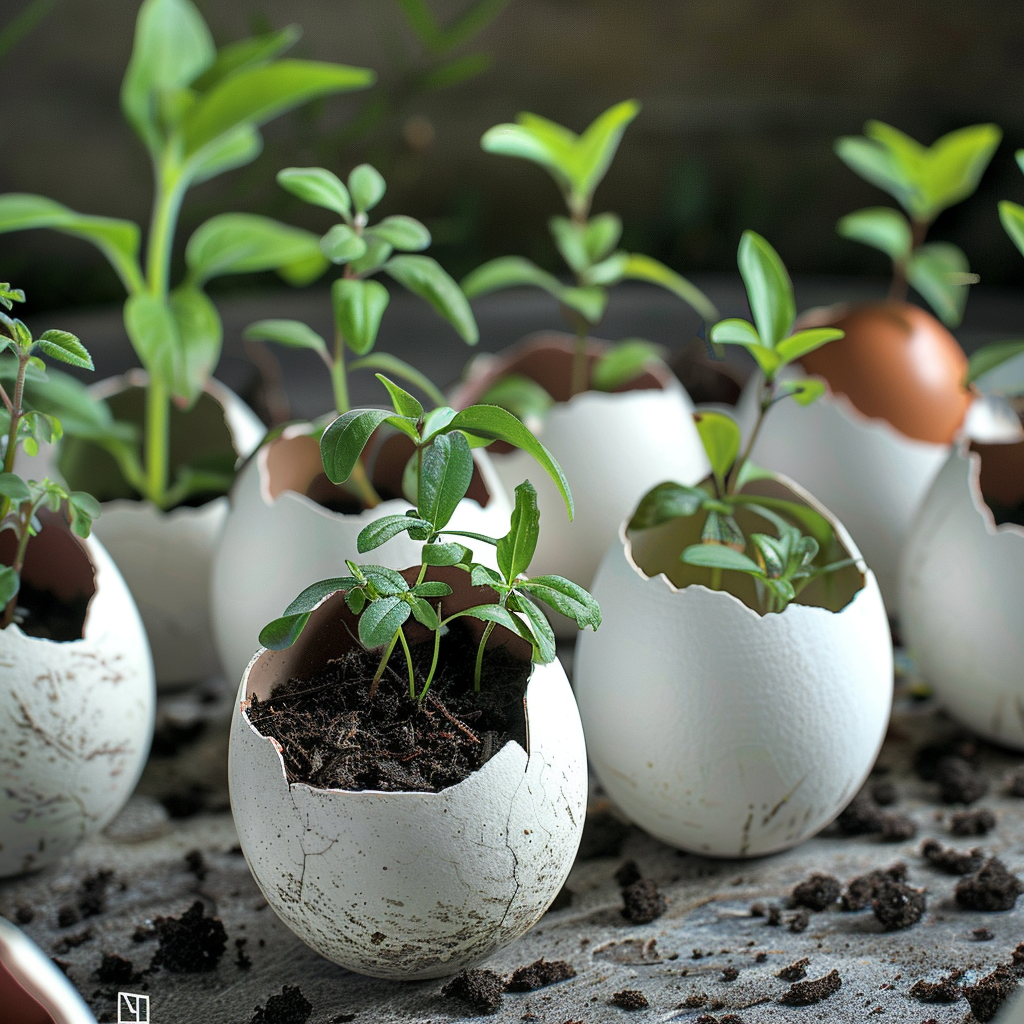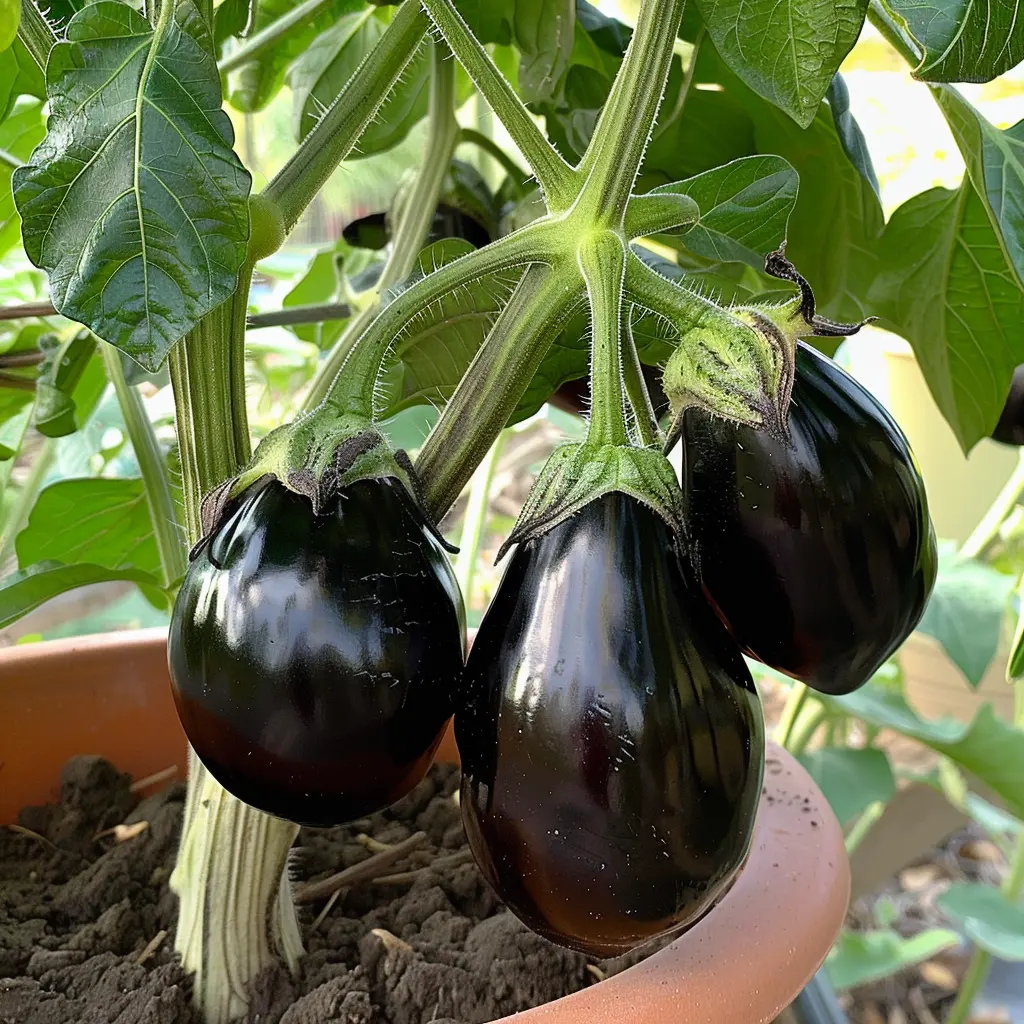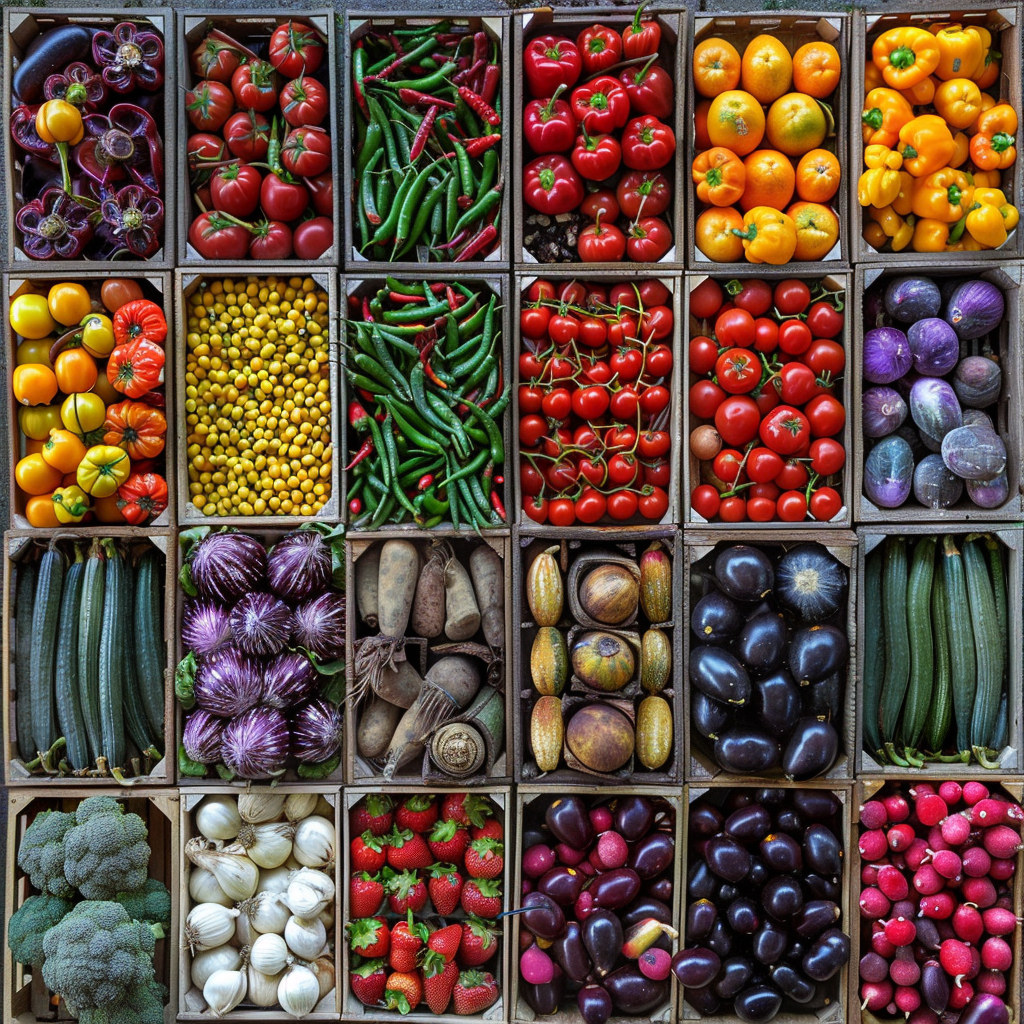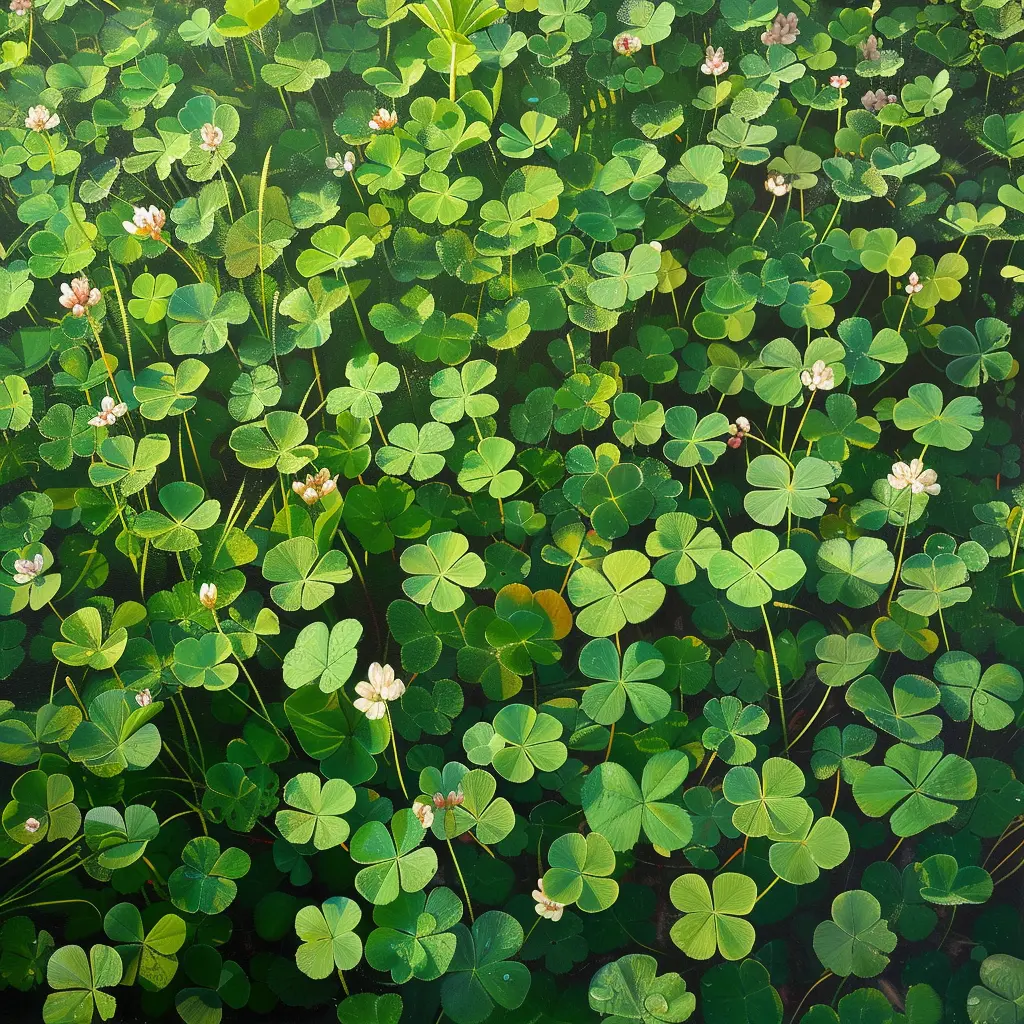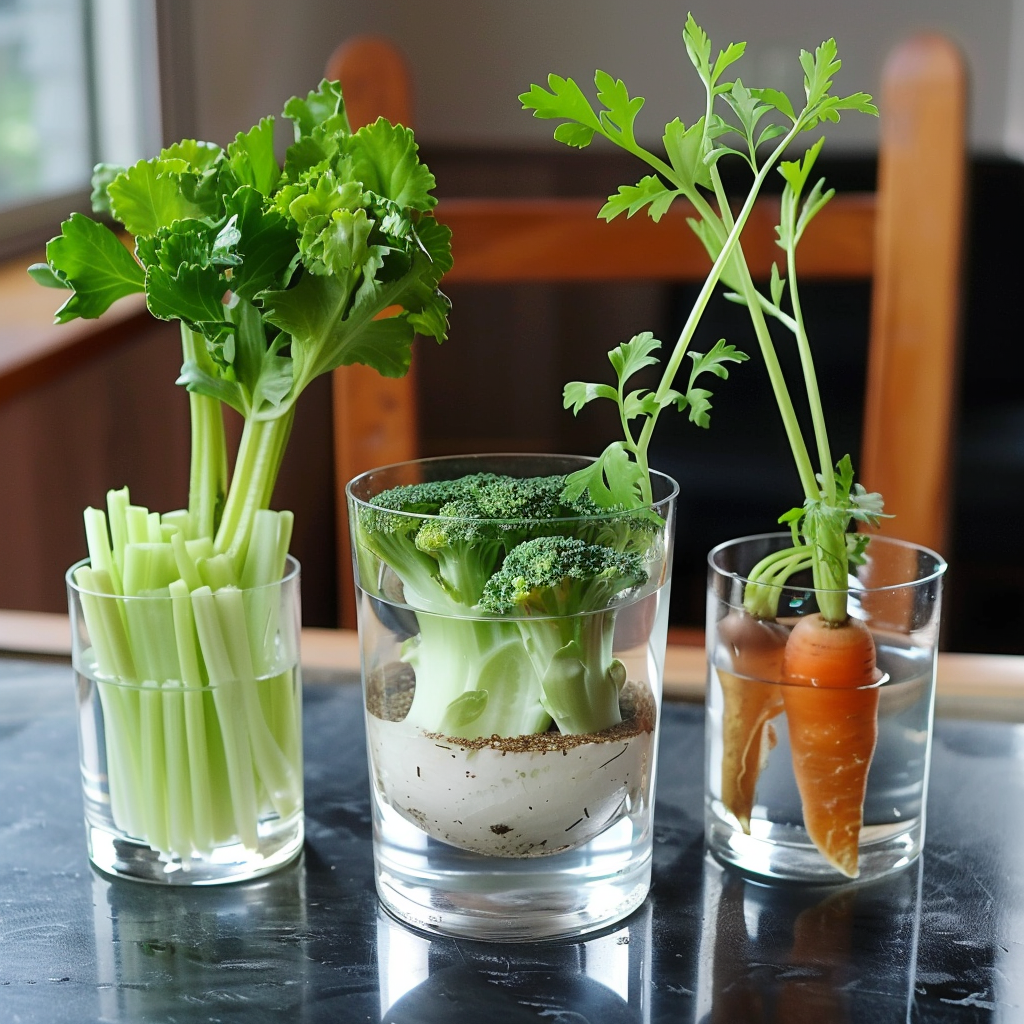WANT TO SAVE THIS RECIPE?
Don’t let shade limit your gardening ambitions. With smart shade-tolerant vegetable selections, you can harvest bountiful crops even with minimal sunlight.
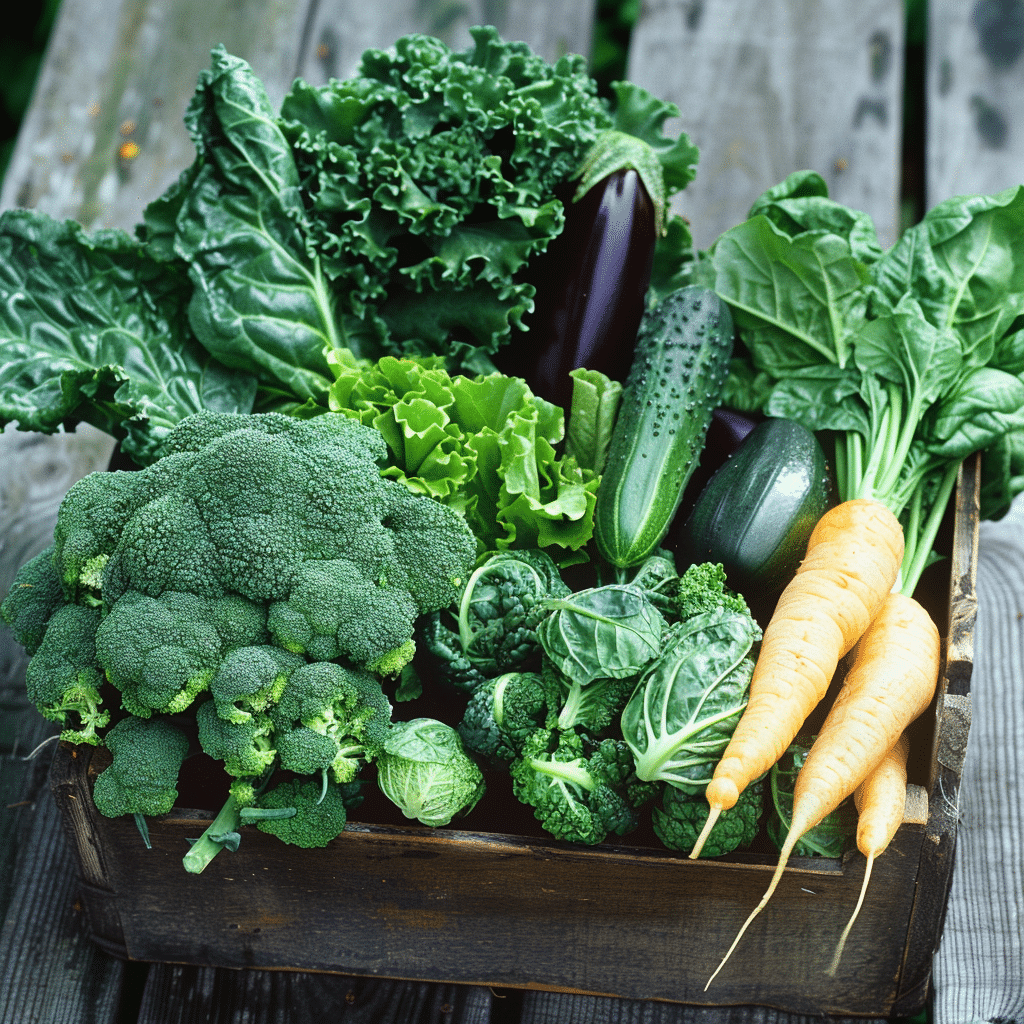
Best Vegetables for Partially Shaded Gardens
Partial shade offers 4-6 hours of direct sun daily – enough light for many classic veggies.
Cool-Loving Crops
Broccoli, cabbage, cauliflower, and peas thrive when shaded from hot afternoon sun. Time spring and fall plantings to suit their preference for cooler temperatures.
Lettuce and spinach also relish the protection of partial shade, allowing longer harvests before summer heat causes bitter bolting.
Underground Crops
With healthy leafy green tops to power photosynthesis, root crops focus energy on swelling their underground storage organs even with less direct sunlight.
Beets, carrots, parsnips, potatoes, radishes, and turnips will all flourish in partial shade. Hill up protective mulch or soil around their bases as they grow.
Heavy-Feeding Alliums
Leeks, onions, garlic, and bunching onions are more dependent on soil fertility than sunlight intensity. Enrich their soil with aged manure, alfalfa meal, or seaweed extracts.
In fact, some studies show onion and garlic flavors improve with a bit of shade. More sun yields higher allicin content but smaller bulbs overall.
Trellised Vines
When cucumbers and pole beans grow vertically on trellises, they avoid shading each other or competing for light. Let them soak up morning sun then relax in afternoon shade.
Bonus Perennial Herbs
Many perennial herbs like shade too, thriving for years in a partly shaded garden spot. Consider chives, parsley, mint, lemon balm, and chervil.
Best Choices for Deeper Shades
While less than 4 hours of direct sun daily presents challenges, some vegetable crops can still yield nicely.
Prolific Leafy Greens
Arugula, lettuces, spinach, kale, chard, sorrel, and mustard greens will all grow respectably even with less intense sunlight. Prioritize succession planting.
Red vein varieties of chard add appealing color to salads and side dishes, with hues retained even under shade cloth or trees.
Determined Root Crops
Beets, carrots, radishes, rutabagas and turnips will swell more slowly but their flavors may intensify in shade. Protect with mulch and cut for greens if roots disappoint.
Boosting Sun in Your Shade Garden
If your garden lacks sufficient sun, improvise with do-it-yourself solutions:
- Use tall companion plants like corn and trellised peas to provide midday shade without sacrificing morning light.
- Install removable shade cloth to customize exposure based on weather and vegetable needs.
- Construct temporary shelters from bamboo, burlap, wire fencing and old sheets to control sunlight access.
- Strategically place new garden beds to maximize sunlight hours within the constraints of fences, trees, and buildings.
Don’t let shade limit your gardening dreams. Match vegetables to light patterns, boost sun with creative solutions, and enjoy harvests from even challenging shady sites!

